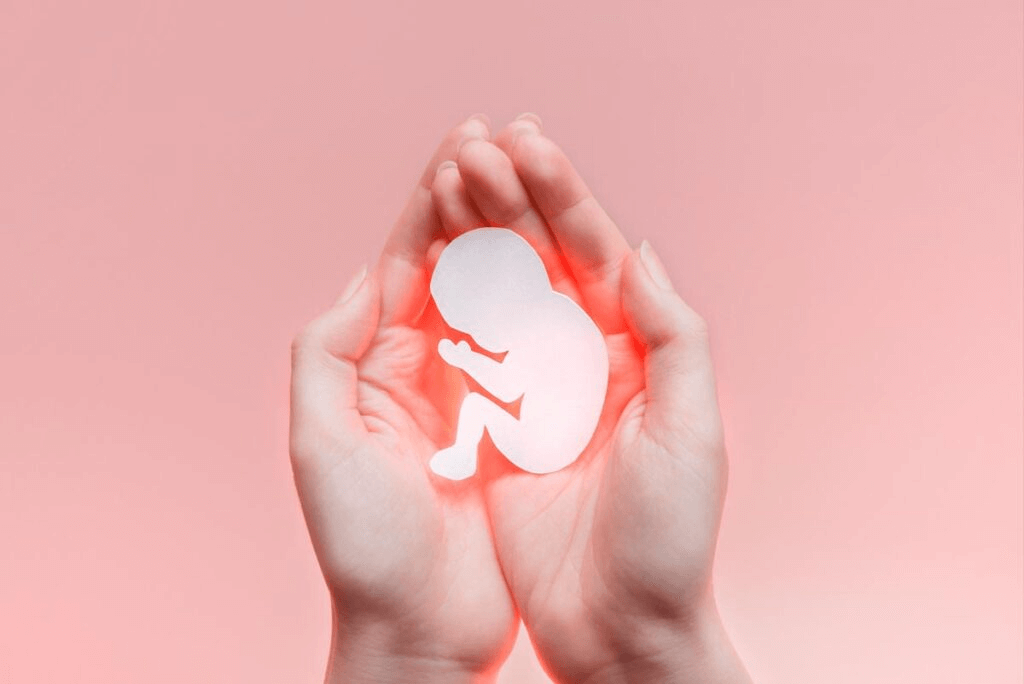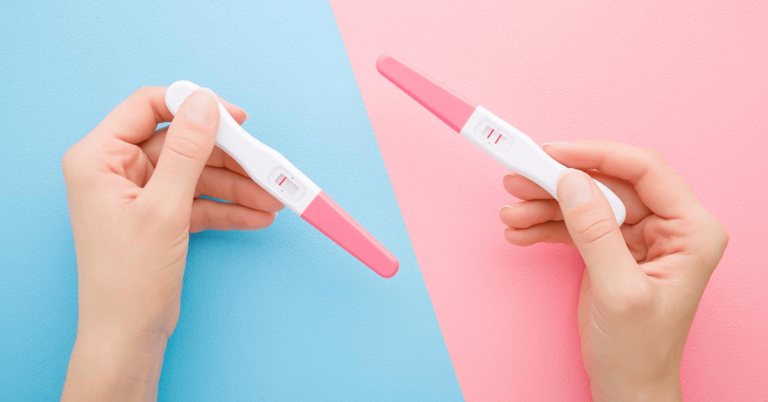Miscarriage and Mental Health: Coping with Grief and Anxiety

Experiencing a miscarriage is a deeply personal and emotional journey that can leave lasting effects on mental health. Grief, anxiety, and feelings of loss are common, but there are ways to manage and heal during this challenging time. Below is a compassionate guide to help you cope and find support.
Understanding Grief After Miscarriage
Grieving a miscarriage is a natural process, as it represents not just the loss of a pregnancy but also the hopes and dreams tied to it. Some may feel sadness, guilt, or even anger. These emotions are valid and deserve attention.
Common Emotional Responses:
- Sadness and numbness
- Guilt or self-blame
- Anxiety about future pregnancies
For early insights into managing pregnancy-related challenges, explore this guide on first-trimester survival tips.
Coping with Anxiety Post-Miscarriage
Anxiety after a miscarriage often centers around health, future pregnancies, and fear of recurrence.
Coping Strategies:
- Seek Professional Help: A counselor or therapist specializing in grief or reproductive health can provide tailored support.
- Practice Mindfulness: Activities like meditation and yoga can help ease anxiety.
- Lean on Loved Ones: Sharing your feelings with a trusted friend or partner can lighten emotional burdens.
Finding Support
Support groups, either online or in-person, offer a safe space to connect with others who have experienced similar losses. This can be a powerful way to feel less isolated.
For those navigating pregnancy after loss, it’s helpful to understand changes and symptoms like food aversions and appetite shifts.
Steps Toward Emotional Healing
- Acknowledge Your Emotions: Allow yourself to feel and process your grief without judgment.
- Celebrate Your Baby: Many find comfort in honoring their loss through rituals, keepsakes, or planting a tree.
- Set Realistic Expectations: Recovery is not linear; give yourself grace.
- Focus on Self-Care: Prioritize physical and emotional well-being through rest, nourishing foods, and gentle exercise.
When to Seek Help
If feelings of sadness or anxiety persist or worsen over time, consult a mental health professional. Untreated grief or anxiety can impact daily life and relationships.
Conclusion
Recovering emotionally after a miscarriage takes time and support. Grieving is a personal journey, and it’s essential to seek help when needed. Remember, you are not alone, and there are resources to guide you toward healing.






